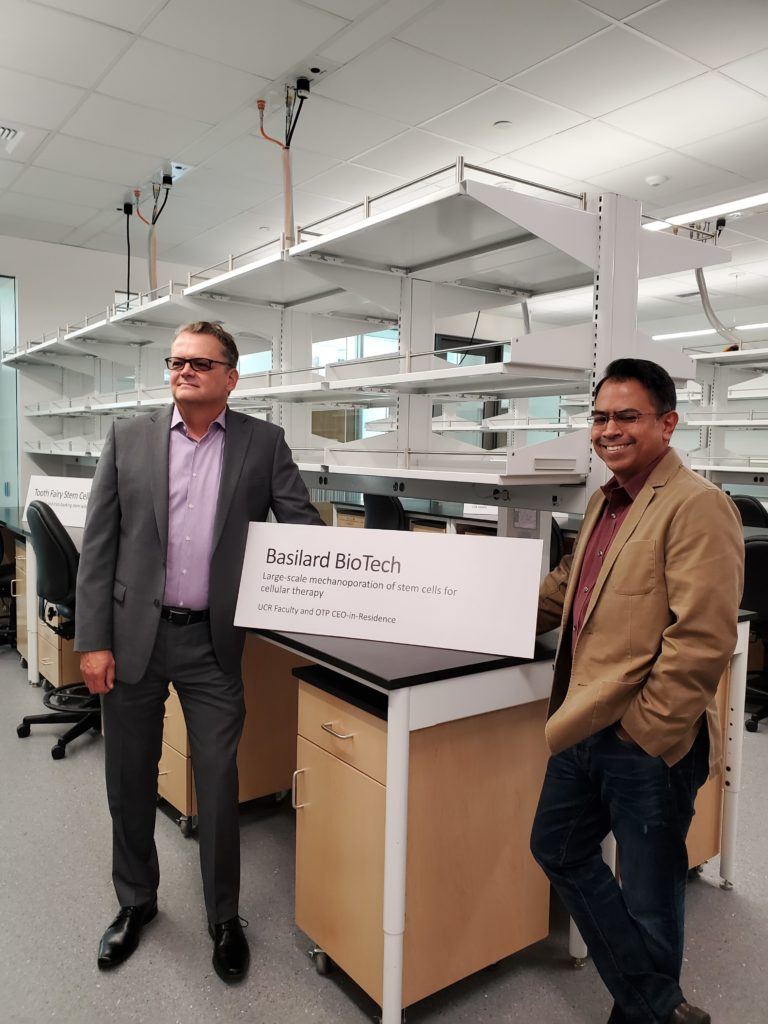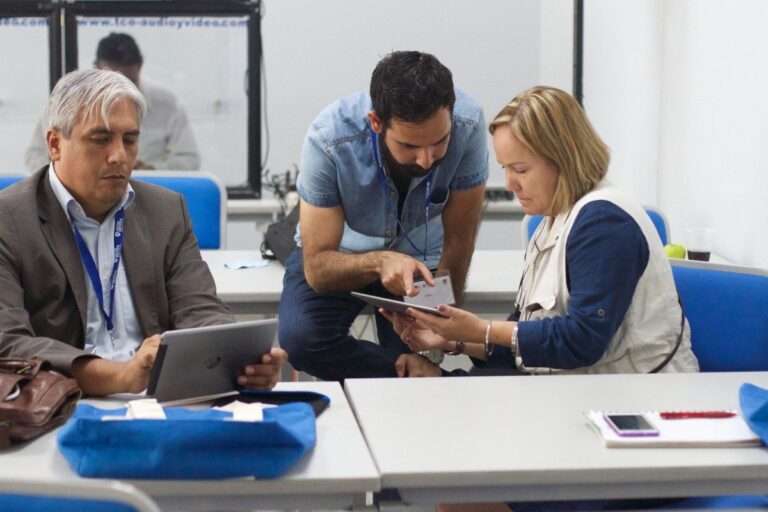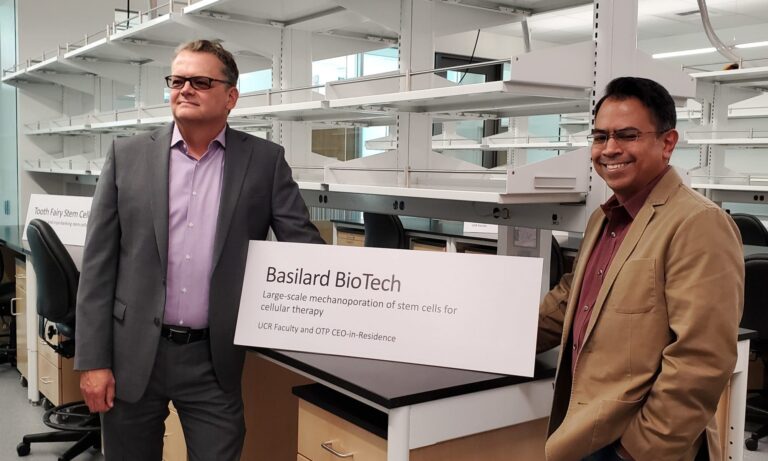
In the emerging medical field of cell and gene therapies, Basilard Biotech displays immense promise despite its young age. Now, only seven months after their incorporation in July 2019, Basilard received a $250,000 investment from the UC Riverside affiliated and Vertical Venture Partners (VVP)-backed Highlander Venture Fund, an investment which Basilard CEO Brynley Lee hopes will kick-start syndication efforts by VVP to continue raising the seed capital needed to fully commercialize their patented SoloPore™ technology over the coming years.
The Basilard journey began over a decade ago when UC Riverside Professor Dr. Masaru Rao began looking for new ways to fight degenerative diseases and cancers through ex vivo cell therapy. In the ex vivo process, an individual’s immune cells are removed from the body, genetically modified to better target and attack malignant cells, and then reintroduced into the body.
What makes Basilard’s SoloPore approach so exciting is its high success rate in introducing new genetic material into the nuclei of cells in comparison to the predominant non-viral gene delivery method in ex vivo cell therapy, electroporation. In electroporation, application of an electric current opens a multitude of holes in the cell membrane, and allows for drugs or modified DNA to be introduced into the cell. Often, however, this approach is too damaging, which causes many of the treated cells to perish. Basilard’s SoloPore method utilizes a type of mechanically-induced poration, in which modified genes are delivered directly to the cell through a small puncture in its membrane.
“Our method is cleaner,” says Lee. “Instead of ripping apart the cell membrane, we poke a small hole through the membrane straight into the nucleus. Through this method it’s highly likely the cell won’t be too damaged to be reintroduced into the body.”
Many, including Lee, believe the cure for cancers and degenerative diseases will be enabled by technologies like SoloPore.
Today, Basilard’s SoloPore technology has a chance to revolutionize cell therapy treatments, but only two years ago, in 2018, Dr. Rao’s burgeoning technology was fighting for recognition against a competitive field of some 50 other nascent companies in UC Riverside’s EPIC SBDC tech incubator.
“When [a company like Basilard] is an early project in a research lab, the biggest challenge is deciding whether to develop it further in the lab, or to try and license it to an interested company for development,” says Scott Brovsky, Director of EPIC SBDC. “The EPIC SBDC team come into play to prepare the technology for commercialization and to help build a viable company. In Basilard’s case, he found someone to handle the business leadership side through our CEO-in-Residence program.”

In late 2018, Rosibel Ochoa, Associate Vice Chancellor of Technology Partnerships at UCR, hired Lee as CEO-in-Residence to review the EPIC portfolio of companies to find those with the best chance of commercialization. Lee recalls meeting Dr. Rao within his first weeks at EPIC when Dr. Rao was pitching his SoloPore technology to an internal board for proof of concept funding to facilitate its commercial translation. Over the next seven months, the pair grew closer as Lee began investing more time to help turn Dr. Rao’s technology into a viable commercial opportunity.
“Throughout the process, it became clear that Dr. Rao was the guy. I not only found what I consider to be the best tech coming out of UCR, I found who I believe to be the best partner. There’s nobody else I’d rather do this with because starting a business is no easy process; the tech has to be viable, but so does the personal relationship,” Lee says. “This happened largely due to the EPIC SBDC infrastructure made available to us.”




